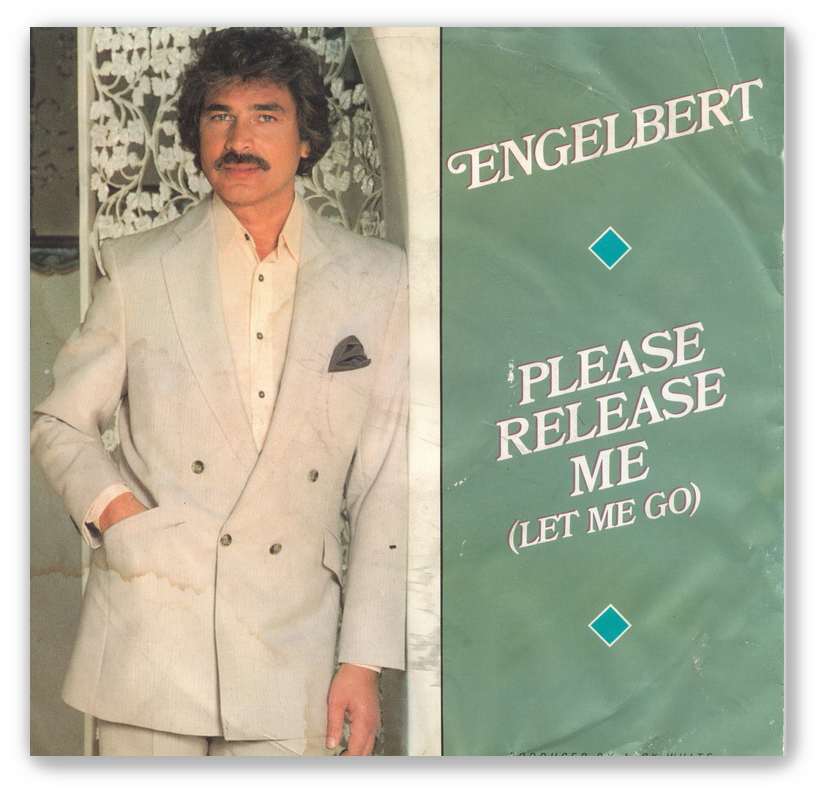We post news and comment on federal criminal justice issues, focused primarily on trial and post-conviction matters, legislative initiatives, and sentencing issues.

SENTENCING COMMISSION ANALYZES EFFECT OF CRIMINAL HISTORY RETROACTIVITY
 When it adopted proposed Guidelines amendments last month, the Sentencing Commission asked whether two of them – the new USSG § 4C1.1 that would provide a 2-level reduction to people with non-violent non-sex offenses with zero criminal points and the abandonment of extra criminal history points (called “status points”) applied to people who were on probation, parole or supervised release when they committed their current offense (and thus should have really known better) – should be retroactive.
When it adopted proposed Guidelines amendments last month, the Sentencing Commission asked whether two of them – the new USSG § 4C1.1 that would provide a 2-level reduction to people with non-violent non-sex offenses with zero criminal points and the abandonment of extra criminal history points (called “status points”) applied to people who were on probation, parole or supervised release when they committed their current offense (and thus should have really known better) – should be retroactive.
Any change in the Sentencing Guidelines does not benefit people who have been sentenced before the change was effective unless the Sentencing Commission – in a separate proceeding – determines that the change should be retroactive. If it does, those already sentenced may petition their sentencing judges to resentence them as though the new Guideline applied to their sentence.
It doesn’t happen often: the last retroactive Guidelines change that was declared to be retroactive was the 2014 across-the-board 2-level reduction in the drug quantity tables of USSG § 2D1.1. That change, to pick an illustration, reduced the offense level of someone who sold a kilo of cocaine from 26 to 24. If the defendant had no prior criminal convictions and no other aggravating factors (such as stupidly having a gun), his or her advisory sentencing range would have dropped a year, from 63 to 51 months).
 There are many a slip ‘twixt cup and lip, of course: the Guidelines reduction must have reduced the sentencing range: a veteran criminal with the top level of criminal history and an offense level of 39 might see her level fall to 37, but the advisory sentencing range would still start at 360 months. And if all of the eligibility hurdles are crossed, the sentencing judge may still decide the defendant’s a bad dude and decline any reduction. But still, for those who are eligible, a Guidelines reduction that goes retroactive provides hope.
There are many a slip ‘twixt cup and lip, of course: the Guidelines reduction must have reduced the sentencing range: a veteran criminal with the top level of criminal history and an offense level of 39 might see her level fall to 37, but the advisory sentencing range would still start at 360 months. And if all of the eligibility hurdles are crossed, the sentencing judge may still decide the defendant’s a bad dude and decline any reduction. But still, for those who are eligible, a Guidelines reduction that goes retroactive provides hope.
Currently, the Commission is taking public comment on the wisdom of letting people benefit from retroactivity of the very wise changes proposed for criminal history scoring. That comment period ends June 23. After that, the USSC will decide whether to add the § 4C1.1 amendment to the retroactivity list. If it does, Congress will get 6 months to decide whether to veto it.
If retroactivity is adopted and gets past Congress, prisoners will be able to apply for a reduction under 18 USC § 3582(c)(2) and USSG § 1B1.10 (the statute and guideline, respectively, that govern the process).
Two issues that always arise are whether the retroactivity would create a flood of court filings that would gum up the federal courts, and exactly how many people might benefit. Last week, the USSC staff issued a study that gives the retroactive argument a boost.
 The staff estimated that 11,500 BOP prisoners with status points would have a lower guideline range if the abandonment of status points becomes retroactive. The current average sentence for that group is 120 months and would probably fall by an average of 14 months.
The staff estimated that 11,500 BOP prisoners with status points would have a lower guideline range if the abandonment of status points becomes retroactive. The current average sentence for that group is 120 months and would probably fall by an average of 14 months.
The report also figures that about 7,300 eligible prisoners with zero criminal history points would have a lower guideline range if the zero-point Guidelines change becomes effective. The current average sentence of 85 months could fall to an average of 70 months.
Writing in his Sentencing Law and Policy blog, Ohio State University law professor Doug Berman said, “Putting these particulars together in a very rough way, it seems that the USSC is estimating that just under 19,000 thousand current federal prisoners would be able to get just under 1.2 years off their sentences if these new criminal history amendments are made retroactive. That adds up to a total of about 23,000 prison years saved were these new guideline amendments made retroactive and these estimated impacts become reality.”
USSC, Retroactivity Impact Analysis of Parts A and B of the 2023 Criminal History Amendment (May 15, 2023)
Sentencing Law and Policy, US Sentencing Commission publishes detailed retroactivity analysis for its amendments to federal guidelines’ criminal history rules (May 15, 2023)
– Thomas L. Root

